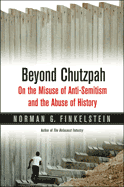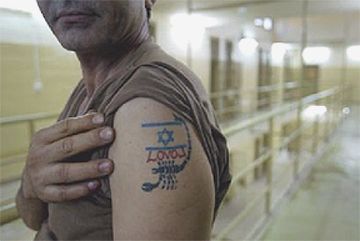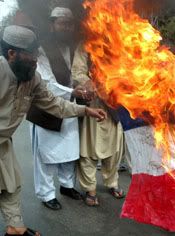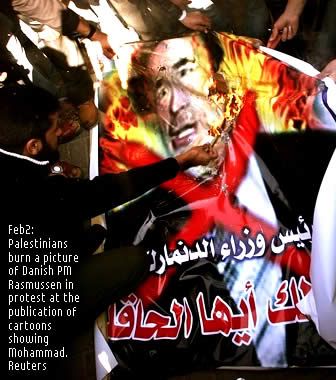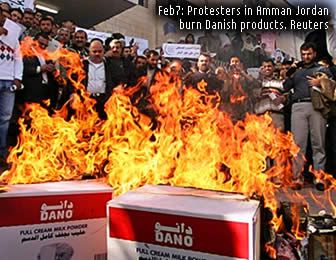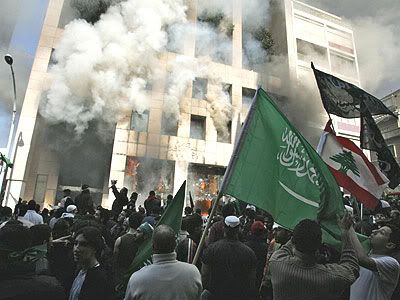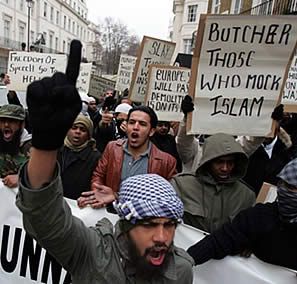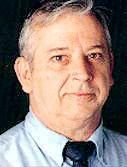George Bush' s IRAQ Spiralling Downwards into Deadly Civil War
Read here original article
Iraq is closer to the brink of what many fear could turn into a full-fledged civil war.
More than 100 people were reported dead Thursday as the fierce sectarian passions unleashed by the bombing of one of Shiite Islam's holiest shrines raged unchecked.
Despite appeals for calm, including a fresh plea from President Bush, the mood in the country was far from conciliatory. Sunni and Shiite politicians traded blame, accusing each other of fomenting the violence.
The bombing of the shrine has triggered an outpouring of suppressed grief and rage by the country's majority Shiites, who have long borne the brunt of the suicide bombings perpetrated by Sunni extremists over the past 2 1/2 years.
The Iraqi Islamic Party said 169 mosques have been attacked, burned or occupied across the country in what appear to be retaliatory attacks by Shiite militias.
The figure could not be independently confirmed, but armed Shiite militias continued to roam in many neighborhoods of Baghdad, residents said, and the attacks on mosques and other Sunni targets went on.
Sunni leaders announced they are suspending their participation in talks with Shiite and Kurdish parties for a new government, saying it is "not acceptable to negotiate with people who are harming us."
The government imposed a nationwide curfew from 8 p.m. Thursday until 4 p.m. Friday, a dramatic step that will prevent all Iraqis from attending the traditional Friday noontime prayers.
Shops, offices and businesses were closed in observance of a three-day period of national mourning for the destruction of the gold dome of the 9th-century shrine, which contains the remains of two of Shiite Islam's most revered imams.
All leave was canceled for the Iraqi security forces, who were deployed in strength across the country.
U.S. forces, who are increasingly ceding the streets to the incomplete Iraqi army and police force, kept a low profile.
Still, seven American soldiers were reported killed in two separate roadside bombings in the northern town of Hawija and in Balad, just north of Baghdad.
Shiites staged more demonstrations in Baghdad and Shiite cities across the south, but the mood was calmer than Wednesday, when the rage ignited by the bombing of the shrine showed how quickly Iraq could disintegrate into chaos.
The bodies of 47 men were found bound and shot in the head in a ditch near a factory in Diyala province. An Interior Ministry official said all the men were Shiites; an official with the Islamic Party said they were Sunnis.
Among the dead found Thursday were the bodies of Sunnis, including several prominent imams, who were abducted during the wave of attacks Wednesday against Sunni mosques in retaliation for the bombing of the Askariya mosque in Samarra.
A bomb blast in the town of Baqouba killed 16 people.
Also killed were a correspondent and two employees of the Al-Arabiya TV network, whose bullet-riddled bodies were found in Samarra on Thursday morning near their satellite truck.
In the Baghdad neighborhood of Zayouni, armed men burst into the Kazaza mosque during afternoon prayers, sprinkled gasoline on the carpets and set the building ablaze. As terrified worshippers fled the flames, four were seized by the gunmen and taken away, according to Abdul Rahman Mohammed, the mosque's sheikh.
Among those appealing for calm was radical cleric Muqtada al-Sadr, who cut short a visit to Lebanon and flew to Iran on his way back to Iraq.
In a telephone call from the Iranian city of Qom to Al-Jazeera, he called for the creation of a joint "committee of Shiite and Sunni clerics to attend to this crisis. Sunni and Shiite mosques are being attacked as if we are enemies," he said.
But Sunni leaders say al-Sadr's Mahdi army has been responsible for much of the violence against Sunni mosques.
The Association of Muslim Scholars, a prominent Sunni group, issued a statement implicitly criticizing the top Shiite cleric Grand Ayatollah Ali al-Sistani and other senior Shiite clerics "for calling for demonstrations when they know Iraq cannot control the streets."

